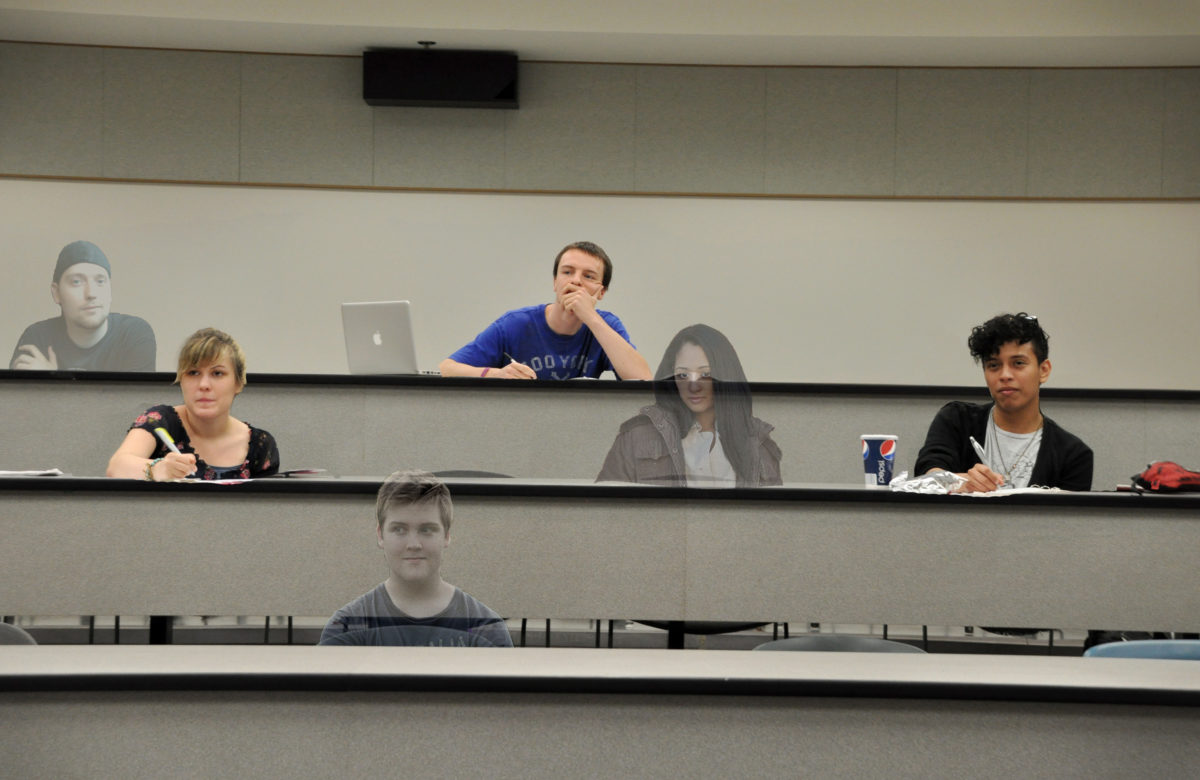
The newly worded attendance policy makes it clear. Attendance is mandatory and any flexibility on the matter is up to the instructor and their syllabus.
“I decided this year to have a standard that is of a professional level,” said Philip Lee, head of the journalism department.
Lee and Jan Wong, an assistant professor in the journalism department, have set a limit of two unexcused classes or the student fails the course.
The STU attendance policy says students are required to attend all classes. If a student misses class it is up to the student to notify professors. If it is a serious situation, then the student should notify the Registrar’s Office and the office will notify the student’s professors.
Students should use an instructor’s course outline to understand the instructor’s specific policies. An instructor can use a student’s repeated absences as a reflection on his or her academic standing.
While some instructors use tough love, others use a lighter hand. The hard-line approach leaves no leniency for students who need to miss a class on the rare occasion.
As veterans to the trade, Lee and Wong say they know what is expected of journalists and the best way to prepare their students.
In professional journalism that means time management: scheduling interviews, covering unforeseen events and still meeting the strictest of deadlines, Lee said.
“If you have a job you have to be at your job and work when you’re scheduled to be working or be fired.”
It’s up to the student to report all absences. If a student is repeatedly absent and a professor thinks he or she isn’t meeting course requirements, a student can be kicked out of class if given a written warning and the vice president seconds the decision.
“I’m not doing this to punish anyone. I am doing this to encourage people to attend class,” said Wong.
“If I didn’t care, I would be happy if nobody came to class – much less work, much less correcting.”
Some students think policies such as these are too harsh. STU student Daniel Desjaridn, like many students, has never had any issue with attendance, but still finds mandatory attendance causes an unneeded burden on students.
“A lot of people have other commitments, some have part-time jobs, some are parents,” he said.
Desjardin thinks if people prefer to do their work at home and still complete assignments, there shouldn’t be an issue.
“They shouldn’t be penalized if they go to class or not. It should be based on their academic performance and not their physical presence in class,” said Desjardin.
The head of criminology department, Chris McCormick, agrees with Desjardin and is a lot more lenient with his attendance policy. He thinks most students are mature enough to decide whether it is necessary to go to class or not.
“To me it’s not grade school and I do not do roll call,” said McCormick.
His students are expected to keep up with material whether they attend class or not. If they fail, then they fail on their own merit, he said.
Wong and Lee said they aren’t asking any more than what’s expected from any professional programs.
Lee used his son’s experience in a chefs program in Toronto as an example.
“They had to be in class at a certain time with their chef whites on or the door was locked and if they missed class they were out of the program.”
School policy allows Lee and other instructors to make the call on what’s best for their students.
“While someone might see some attendance policy as too strict, someone else might see my approach as being rather informal,” said McCormick.
